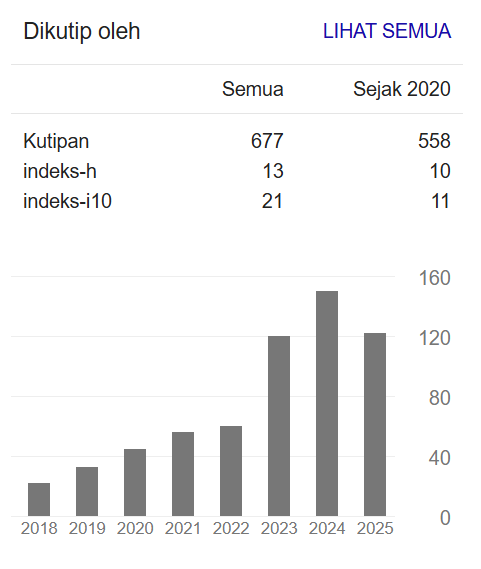ZUHD AND PLEASURE:
A COMPARATIVE ACCOUNT BETWEEN IMAM ALI’S NAHJ AL-BALĀGHA AND MOORE’S ETHICS
Keywords:
Zuhud, Pleasure, Ethical bon mot, Positive duties, Negative dutiesAbstract
This article discusses about Zuhd as an ethical sign (an ethical bon mot), all at once to compare it with Moor’s argument on pleasure. Maximizing output and minimizing input constitute two basic premises which composed zuhd. Both of them lead to positive and negative duties. Positive duty is rooted on right to express freely, while negative duty is rooted on right to work in just and prefer domain. Moreover, Moor’s argument of pleasure is unsufficient to be an ethical sigh, for it is very subjective argument. By this, Zuhd has a better quality than pleasure to be an ethical sign or marker.
Downloads
Downloads
Published
How to Cite
Issue
Section
License
Copyright (c) 2014 Sekolah Tinggi Filsafat Islam (STFI) Sadra

This work is licensed under a Creative Commons Attribution-NonCommercial-ShareAlike 4.0 International License.

























